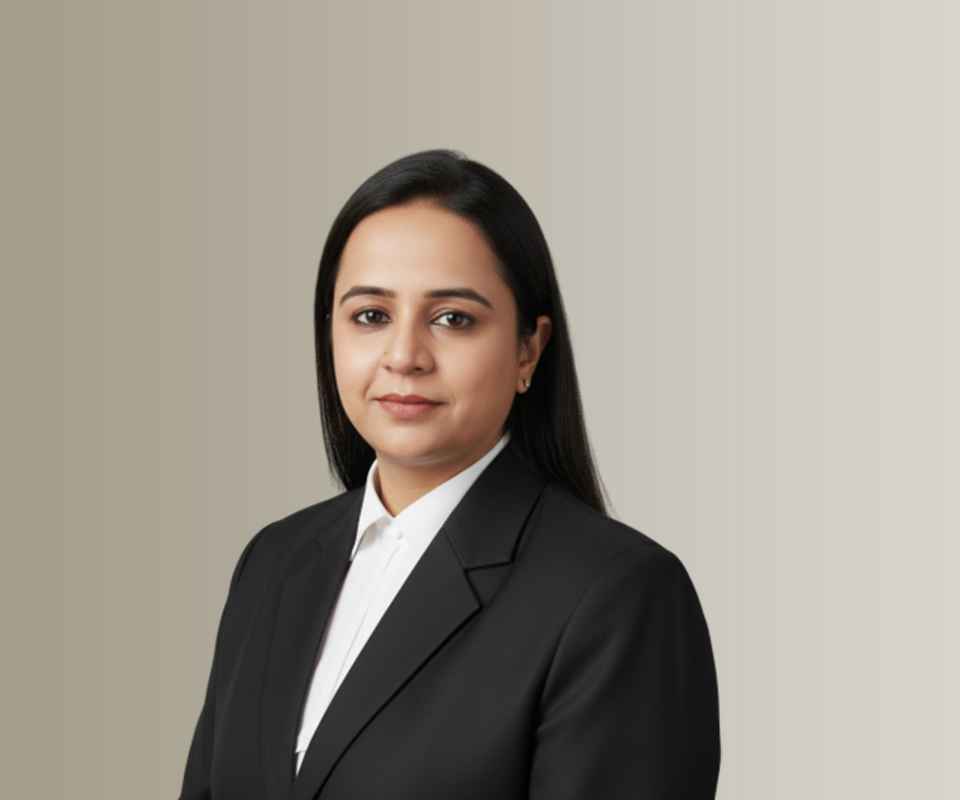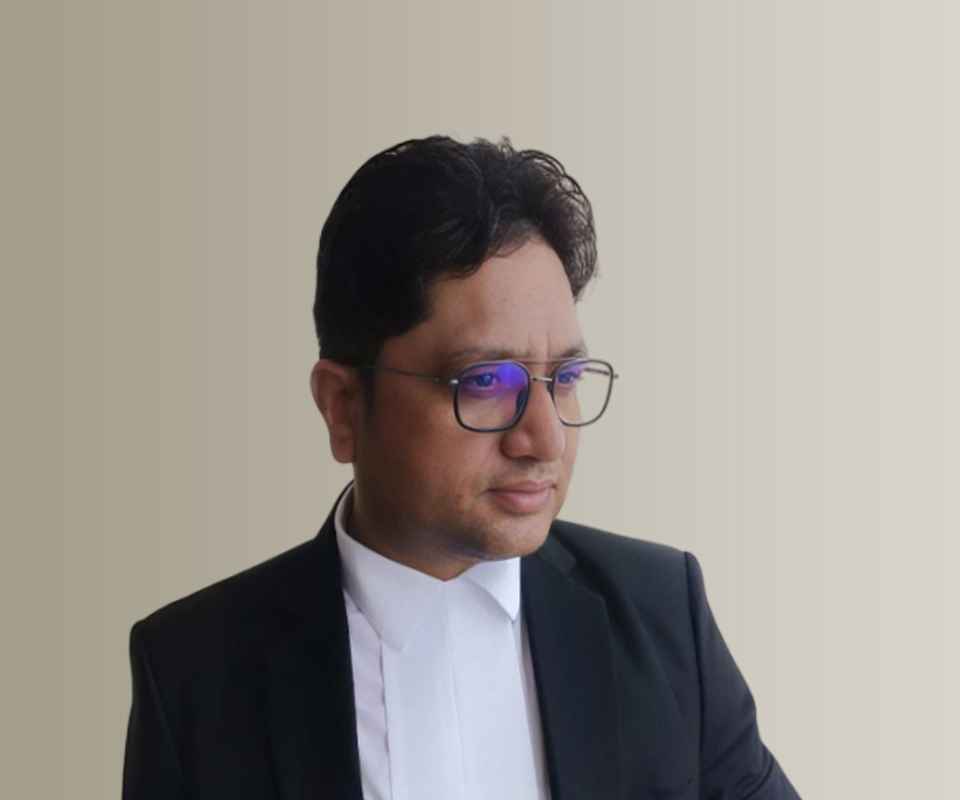Answer By law4u team
The Employees' Provident Fund (EPF) is an essential savings scheme that helps employees accumulate funds for their retirement. One of the key aspects of EPF accounts is the option to nominate a beneficiary who can claim the EPF balance in the event of the account holder's death. However, many employees neglect to nominate someone, which can create complications for their family members after their passing. Understanding what happens if no nominee is designated in an EPF account can help you make informed decisions about the future of your savings.
What Happens If You Don’t Nominate Anyone In EPF?
EPF Balance Is Transferred to Legal Heirs:
If no nominee has been appointed in the EPF account, the balance will be transferred to the legal heirs of the deceased account holder. Legal heirs typically include the spouse, children, and parents, according to the laws of succession (based on Hindu Succession Act, Muslim personal laws, or other applicable laws depending on the individual’s religion and personal circumstances). The legal heirs must prove their relationship to the deceased to claim the EPF balance.
The Process for Claiming EPF Without a Nominee:
In the absence of a nominee, the legal heirs must go through a slightly more complex process to claim the EPF balance:
- Application to EPFO: Legal heirs must submit an application to the Employees' Provident Fund Organisation (EPFO) or the respective employer’s EPF office, providing details about the deceased’s EPF account.
- Submission of Documents: Required documents include the death certificate of the account holder, proof of relationship (such as a marriage certificate or birth certificates for children), and a legal heir certificate issued by the appropriate authority. In some cases, a succession certificate from a court may be required.
- Claim Settlement: Once the necessary documents are submitted and verified, the EPF balance will be transferred to the legal heirs' accounts. The process might take time due to the need for additional documentation and legal verification.
Challenges Without a Nominee:
- Delays in Processing: The absence of a nominee can lead to delays in the claims process. Legal heirs may face additional paperwork, such as obtaining legal heir certificates or court orders, which can prolong the process and create uncertainty.
- Family Disputes: When multiple legal heirs are involved, the lack of a nominee can lead to disputes over the rightful claimant of the EPF balance. This can be stressful for the family and may require legal intervention to resolve.
- Complications with Minor Heirs: If the nominee is missing and there are minor heirs (such as children), the process can become even more complicated. A legal guardian may need to be appointed for the minors to manage the EPF balance until they reach adulthood.
Legal Heirs vs. Nominee:
It is important to note that the nominee in an EPF account is not necessarily the person who inherits the funds but is the person entitled to claim the EPF balance. While the nominee gets the right to file the claim, the nominee may be required to distribute the funds among the legal heirs according to succession laws. In the absence of a nominee, the legal heirs have the direct right to claim the EPF balance.
Unclaimed EPF Balance:
If no legal heir comes forward or is found to claim the balance, the EPF account balance may remain unclaimed. Unclaimed EPF balances are transferred to the EPF Trust or may remain dormant in the account. The EPFO continues to hold the balance until the rightful heirs claim it, but in the absence of claims, it may eventually be considered unclaimed property.
Benefits of Nominating a Beneficiary:
- Simplified Claim Process: Having a nominee makes the claim process smoother and quicker. The nominee can easily submit the necessary documents to the EPFO, and there is no need for complicated legal procedures.
- Prevention of Family Disputes: A nominee ensures that the account holder’s wishes are clearly stated, reducing the chances of family disputes over the EPF balance.
- Security for the Family: Nomination helps provide security to the family in case of the account holder’s untimely death. The nominee can immediately access the EPF balance, providing financial support without delays.
Nomination is a Simple Process:
Nominating a person for your EPF account is a simple and straightforward process. You can nominate a person through the EPF Member Portal or by filling out Form 2, which is available with the employer or at the EPFO office. It is advisable to review and update your nomination regularly, especially after major life events like marriage, the birth of children, or changes in family circumstances.
Example
Case 1:
Ravi, a 40-year-old employee, has been contributing to his EPF account for years but never nominated anyone. Tragically, he passes away unexpectedly. His spouse, Priya, now has to prove her relationship with Ravi, obtain a legal heir certificate, and submit these documents to the EPFO for claiming the EPF balance. This process takes several months and leads to delays in receiving the funds.
Case 2:
Manoj, a 45-year-old man, recently nominated his wife as the beneficiary of his EPF account. After his sudden demise, his wife, Neha, is able to easily submit the required documents (death certificate, marriage certificate, and nominee form) to the EPFO. As a result, she quickly receives the full EPF balance without any legal complications.
Conclusion
Failing to nominate someone in your EPF account can lead to complications and delays for your family in the event of your death. While legal heirs can claim the EPF balance, the process is often longer and more complicated without a nominee. It’s always advisable to nominate a beneficiary to ensure a smooth and quick claim process, avoid family disputes, and provide financial security for your loved ones. Reviewing and updating your nomination regularly ensures that your retirement savings reach the intended recipient without unnecessary delays or legal hurdles.







